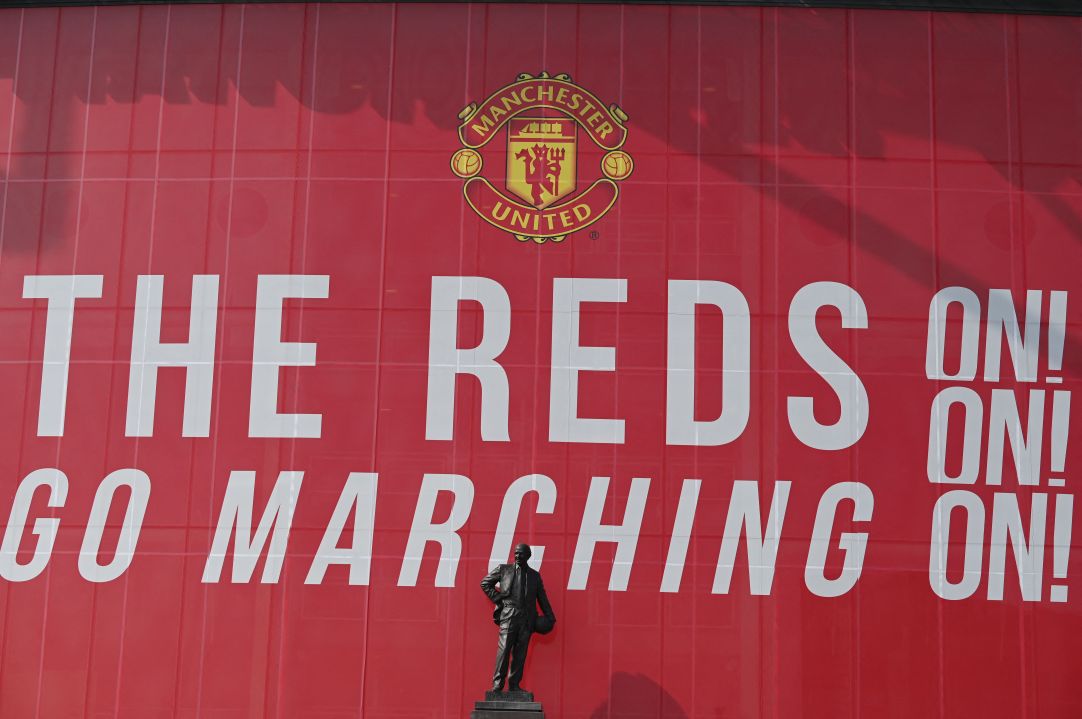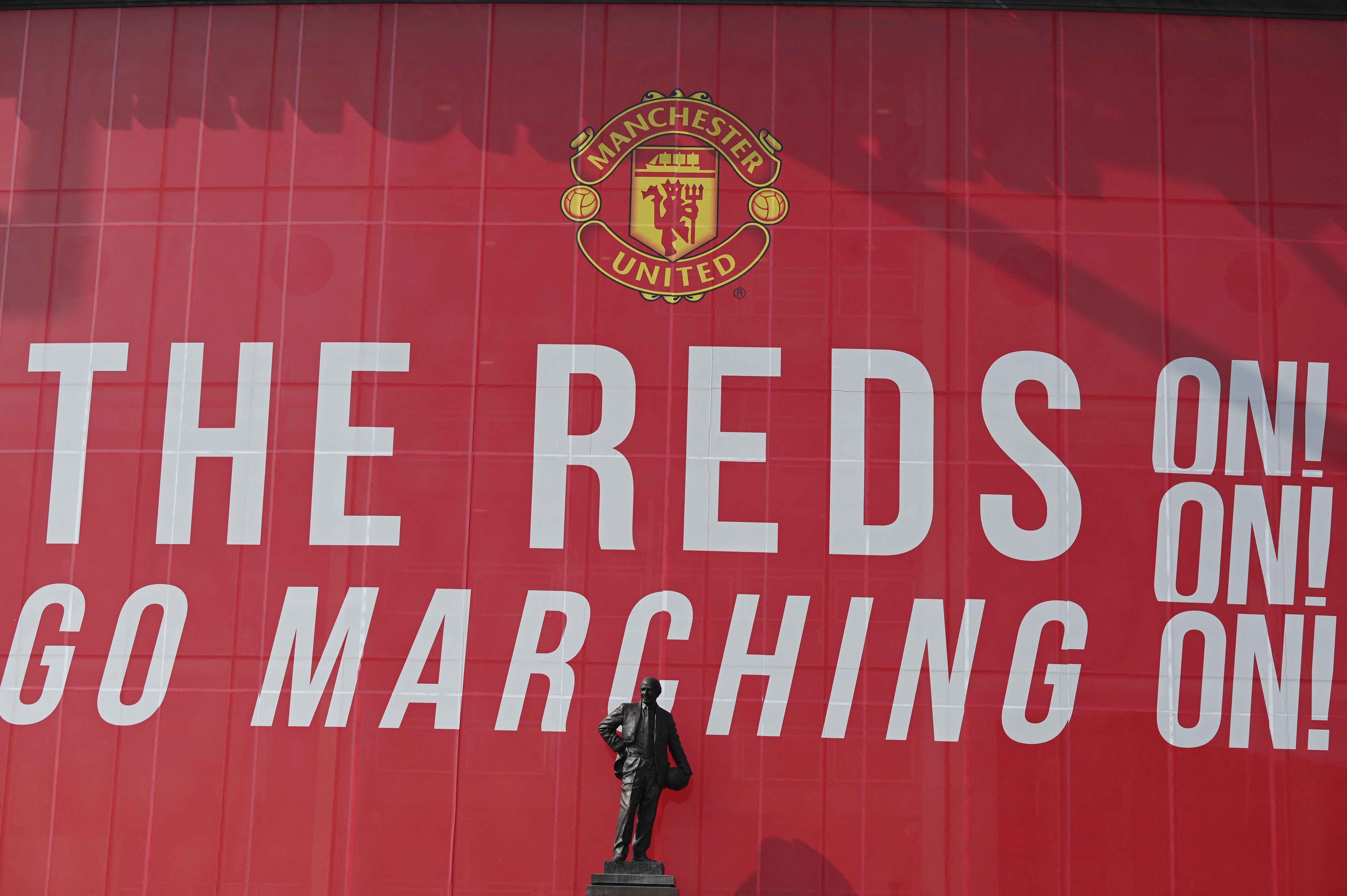What killed the European Super League? Undoubtedly part of it was the backlash from the fans. But the government’s threats to intervene were clearly a factor too.
A super league where the six English clubs couldn’t get work permits for any overseas players would have quickly lost its appeal – and the government and the FA were clearly prepared to go down this route. Brexit had strengthened the government’s hand on this; freedom of movement would have meant that any footballer with an EU passport could have come and played for one of the Super League clubs.
Football is clearly a special case. But the government’s willingness to intervene does seem typical of a new era of globalisation in which governments are more prepared to act to curb the powers of corporations. A much bigger test of this will be whether the US Treasury Secretary’s proposal for a global minimum corporation tax rate comes into effect. This would radically shift the balance of power between multi-corporations and national governments, business would have far less ability to reduce their tax bill by funnelling their profits through low tax locations such as Ireland. The EU has already indicated its support for the scheme suggesting that global agreement may be possible.
Covid has put far more emphasis on the resilience of supply chains and the importance of domestic manufacturing; just look at how those countries that can’t manufacture vaccine domestically have suffered because of the various export bans. Combine this with an increased willingness of the state to intervene and we are entering into a new era of globalisation: one where nationals governments are more prepared to assert themselves.








Comments